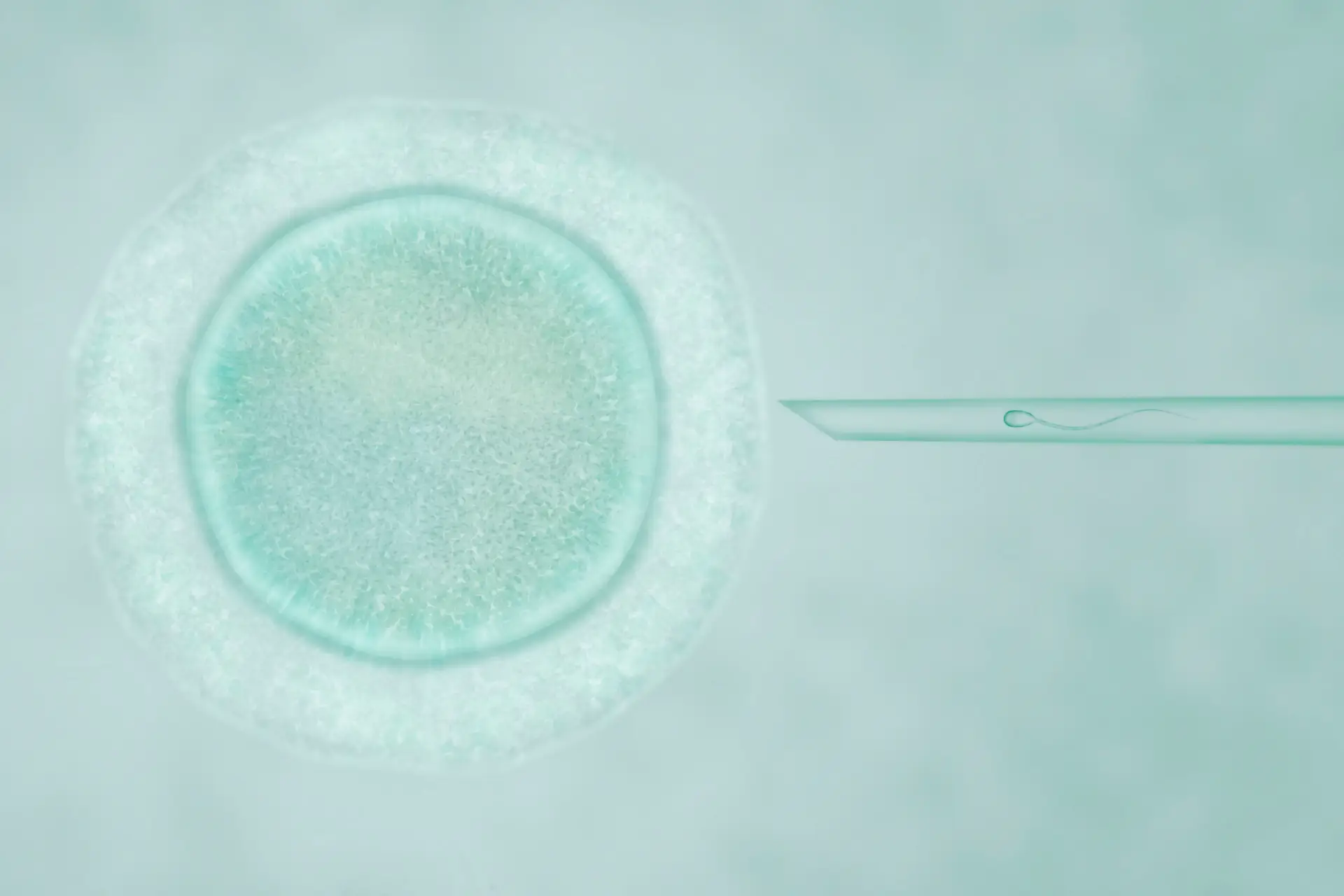Compare Mini-IVF vs. Traditional IVF to understand success rates, benefits, and treatment options for your fertility journey.
Introduction
The journey of fertility treatment is often marked by a series of decisions—some small, others monumental. One of the choices that may arise when exploring assisted reproductive technology is whether to opt for “Mini-IVF” or traditional IVF. Both offer a pathway to parenthood, but they come with different approaches, costs, and expectations. Understanding the differences between the two can help you determine which option is right for your fertility journey. In this article, we will walk you through it, with a genuine commitment to your well-being.
What is Mini-IVF?
Mini-IVF, also known as minimal stimulation IVF, is a gentler form of in-vitro fertilization. Instead of the high doses of injectable hormones typically used in traditional IVF, Mini-IVF uses lower doses of medication or oral medications to stimulate the ovaries. The goal is to retrieve fewer eggs but with potentially better quality, reducing both the intensity of the treatment and the risks associated with hyperstimulation.
Pros of Mini-IVF:
- Lower Medication Use: Mini-IVF uses fewer hormones, which can make it a more appealing option for those who want to avoid high-dose medications. The lower stimulation approach may reduce the risk of ovarian hyperstimulation syndrome (OHSS), a condition that can occur in traditional IVF when the ovaries are overstimulated.
- Cost-Effective: With reduced medication costs and sometimes fewer monitoring visits, Mini-IVF can be more affordable than traditional IVF. It’s an option that may appeal to people who want to balance cost with success rates.
- Less Invasive: Mini-IVF involves fewer injections and may be less stressful for individuals who prefer a more natural approach. This less intensive method can also be appealing to those who want to minimize the physical and emotional strain of the IVF process.
- Focus on Quality Over Quantity: While traditional IVF aims to retrieve as many eggs as possible, Mini-IVF focuses on retrieving a smaller number of higher-quality eggs. This approach might work well for women who produce fewer eggs naturally.
Cons of Mini-IVF:
- Fewer Eggs Retrieved: While the quality of eggs retrieved may be better, the overall number is lower compared to traditional IVF. This could be a downside for people who want more embryos to increase their chances of success or for those considering embryo freezing for future use.
- Lower Success Rates: Because fewer eggs are retrieved, there is a smaller chance of achieving a successful pregnancy compared to traditional IVF. According to the Society for Assisted Reproductive Technology (SART), traditional IVF tends to have higher overall success rates, particularly in younger women.
- Not Suitable for All Patients: Mini-IVF may not be the best option for everyone, especially those with certain fertility issues that require more intensive treatment. Women with diminished ovarian reserve or more complex fertility challenges may benefit more from traditional IVF.
What is Traditional IVF?
Traditional IVF, or full stimulation IVF, involves using higher doses of injectable hormones to stimulate the ovaries to produce multiple eggs. These eggs are then retrieved, and fertilized in a lab, and the resulting embryos are transferred back into the uterus or frozen for future use. Traditional IVF has been the standard fertility treatment for decades, offering higher success rates due to the greater number of eggs retrieved.
Pros of Traditional IVF
- Higher Success Rates: Traditional IVF generally offers higher success rates, especially for younger women and those who produce a larger number of eggs. According to SART, the live birth rate for women under 35 undergoing traditional IVF is about 52%, compared to lower rates with Mini-IVF.
- More Eggs for Embryo Freezing: With more eggs retrieved, traditional IVF allows for embryo freezing, which can be useful for future fertility treatments or family planning.
- Flexible Treatment Options: Traditional IVF can be tailored to specific fertility issues, such as unexplained infertility or male factor infertility. The ability to produce more eggs also gives patients and doctors more flexibility in selecting the best-quality embryos.
Cons of Traditional IVF:
- Higher Cost: The medication and monitoring required for traditional IVF make it more expensive than mini-IVF. This can be a barrier for some individuals or couples, particularly if multiple cycles are needed.
- Increased Risk of OHSS: The higher doses of hormones used in traditional IVF can increase the risk of ovarian hyperstimulation syndrome, a condition that can cause discomfort, bloating, and more severe complications in rare cases.
- More Physically Demanding: Traditional IVF involves more injections, more frequent monitoring, and often more emotional ups and downs. For some, the intensity of the treatment can feel overwhelming.
Conclusion
When it comes to deciding between Mini-IVF and traditional IVF, there’s no one-size-fits-all answer. Your age, health, fertility diagnosis, financial considerations, and emotional well-being all play a role in determining which approach is best. Discussing your options with your fertility specialist is the first step in figuring out what feels right for you.
At the end of the day, both Mini-IVF and traditional IVF offer hope for building your family. The choice between them is deeply personal, and we’re here to guide you, whether you’re just beginning your journey or have already faced a few bumps along the way. Remember, it’s about finding what works best for your body, your life, and your future.
FAQs:
- What is the main difference between Mini-IVF and traditional IVF?
The primary difference is in the amount of medication used. Mini-IVF uses lower doses or oral medications to stimulate fewer eggs, while traditional IVF uses higher doses to stimulate more eggs. Mini-IVF is generally less invasive and may cost less, but traditional IVF typically has higher success rates.
- Can I freeze embryos with Mini-IVF?
Yes, but because Mini-IVF retrieves fewer eggs, you may have fewer embryos available for freezing. Traditional IVF, on the other hand, typically retrieves more eggs, allowing for more embryos to be frozen for future use.
- Is Mini-IVF less stressful than traditional IVF?
Mini-IVF may be less physically demanding due to the lower number of injections and less frequent monitoring. It can also be emotionally easier for some people because it involves a more gentle approach. However, both treatments can be emotionally challenging, and it’s essential to have a support system in place.
- How do I know which IVF option is right for me?
Choosing between Mini-IVF and traditional IVF depends on various factors, including your age, fertility diagnosis, financial considerations, and overall health. It’s essential to consult with a fertility specialist to determine which option aligns best with your needs.





